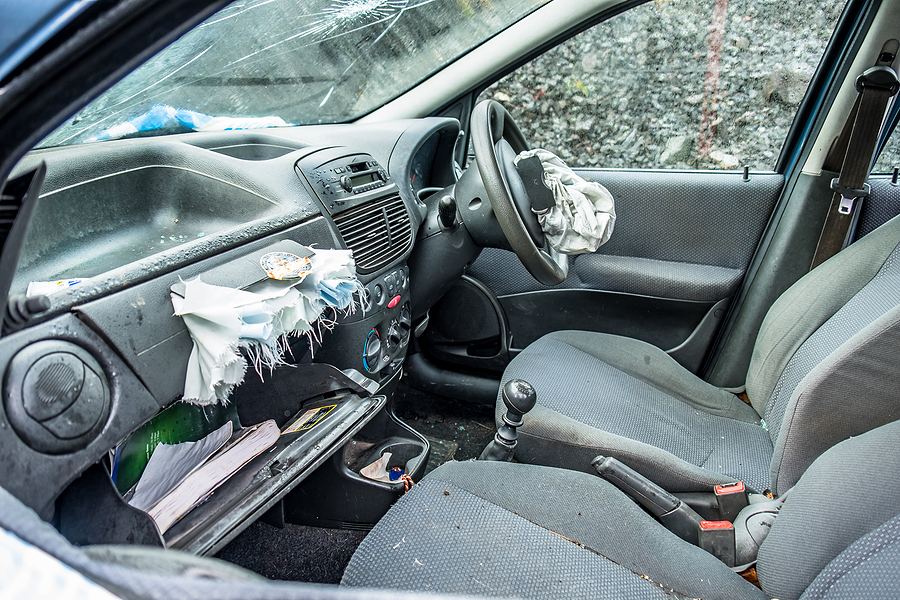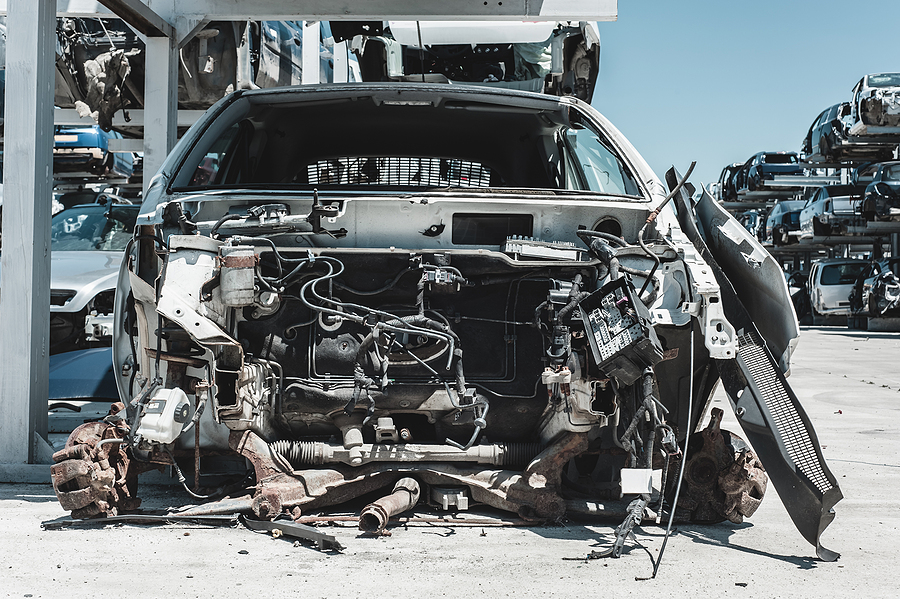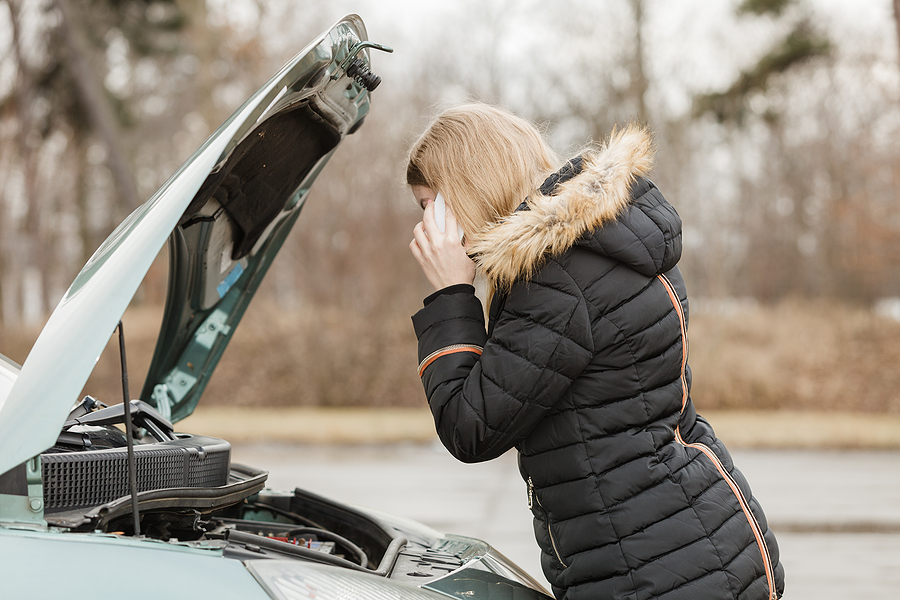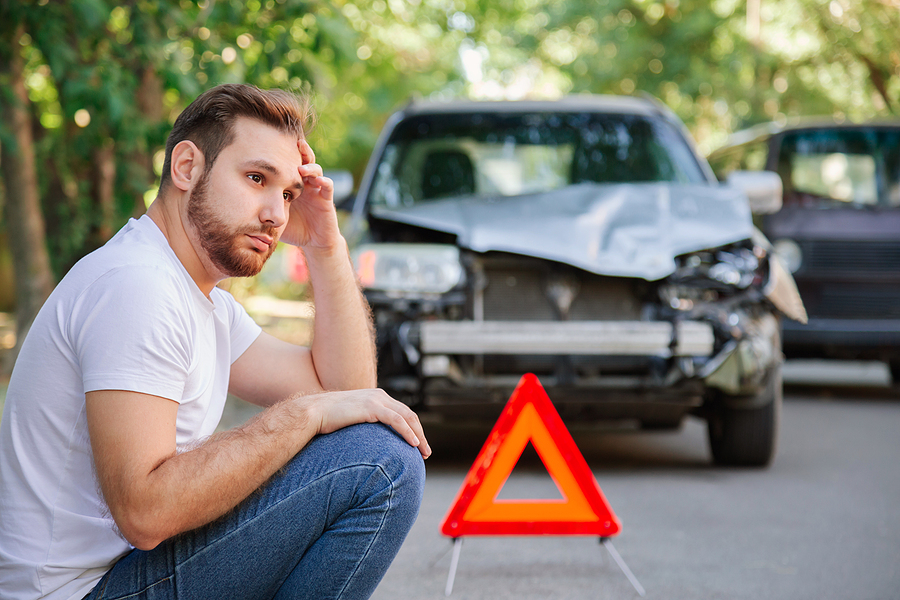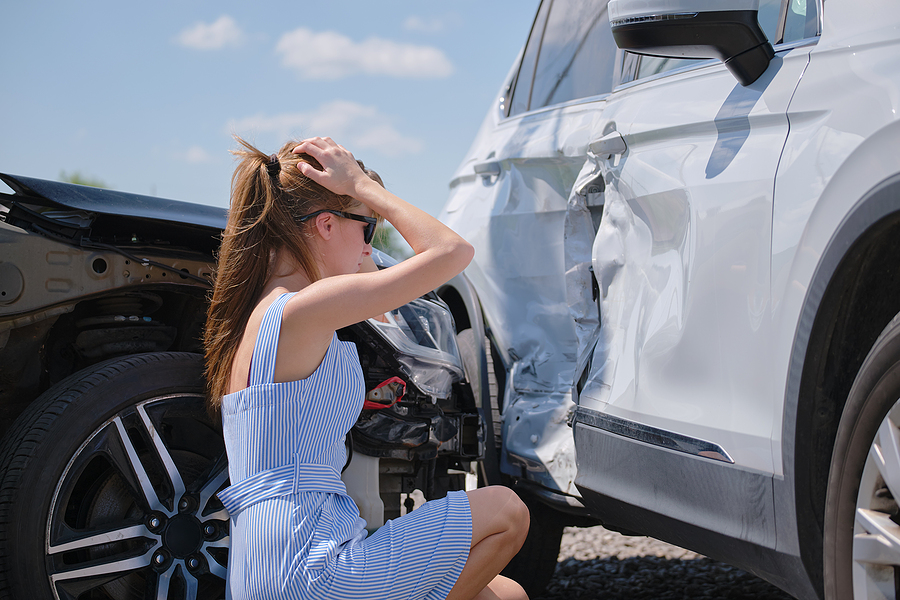What Happens After Your Car Is Declared Totaled?
When your beloved car is deemed a total loss, it can feel overwhelming. The idea of parting ways with a vehicle that has carried you through countless journeys can be emotionally—and financially—challenging. But here’s the good news: a totaled car doesn’t have to be the end of the road. There are innovative, practical, and surprisingly sustainable ways to give your total loss vehicle a bright new purpose.
This blog explores exactly that. We’ll help you understand what makes a car ‘totaled,’ common hurdles owners face, and most importantly, how your totaled car can still contribute value—whether to you, your community, or the planet.

What Does “Total Loss” Mean?
Before jumping into possibilities for totaled vehicles, it’s essential to understand what being total loss actually entails.
Factors That Define a Total Loss Vehicle
A car is deemed a total loss when the cost of repairing it exceeds its actual cash value (ACV), which is the car’s current market value immediately before the accident. Factors that contribute to this decision include:
- Repair Costs: If fixing the car costs more than it’s worth, insurers call it quits.
- Age of the Vehicle: Older cars depreciate in value quickly, making it easier for repair costs to surpass their ACV.
- Mileage: High-mileage vehicles typically have lower resale values, pushing them closer to the total loss category after significant damage.
- Extent of Damage: Severe structural or mechanical damage can push the repair costs sky-high, even for newer vehicles.
Now that you know what makes a car totaled, what comes next in the aftermath of the insurance process?
The Aftermath of a Totaled Car
For many car owners, the news that their car is totaled brings a mix of uncertainty and frustration. Here are some common challenges they face and how a bit of creativity can pave the way for better outcomes.
Common Challenges
- Financial Concerns – Insurance might not always cover the full cost needed to replace your car, especially for vehicles with a low ACV.
- Confusion Over Next Steps – Often, owners aren’t aware of what options are available beyond accepting their insurance settlement or selling their car to a salvage yard.
- Storage Issues – Many find themselves burdened with the question of what to do with a severely damaged car that’s still sitting in their driveway.
A New Perspective
But what if this isn’t the end? Whether your mission is cutting losses, helping the environment, or saving money, your totaled car could have more uses than you’d think.
Innovative and Practical Uses for Totaled Vehicles
Don’t scrap your totaled car without exploring these forward-thinking options. Here are some to consider:
1. Sell It to a Salvage Yard
One simple way to turn your totaled car into cash is to sell it to junk car buyers or salvage yards. These businesses purchase totaled vehicles primarily for their parts or scrap metal. Common choices include:
- Local Salvage Yards for a quick, no-hassle transaction.
- Online Junk Car Buyers like Cars.com for added convenience.
Selling to a salvage yard ensures the remaining usable parts of your car get a new lease on life, often powering other vehicles or industries.
2. Automotive Recycling
Did you know up to 85% of a car’s materials can be recycled? Automotive recycling is an eco-friendly option where parts like tires, batteries, and even fluids are repurposed for other uses. By choosing this option, you’re actively contributing to less landfill waste and conservation of natural resources.
3. DIY Repurposing
For the hands-on owner, repurposing a totaled car can be a rewarding project. Here are some creative ideas:
- Furniture: Turn your car’s hood into a sleek desk or its seats into lounge chairs.
- Garden Fixtures: Transform your trunk into a unique planter box.
- Artistic Projects: Use car parts to build sculptures or functional art.
4. Donate It for Good
If the cash isn’t a priority, consider donating your totaled vehicle to a charitable organization. Many nonprofits accept junk cars as donations, either repairing them for use or recycling them to fund their initiatives.
5. Farm or Industrial Usage
Older totaled trucks or SUVs can often be stripped down and used as farm equipment or temporary storage units. This is particularly common in rural areas.
Legal and Environmental Considerations
Before repurposing or selling your totaled car, stay mindful of legal and environmental implications.
Title Laws
Check your state’s laws regarding salvage titles. You may need to transfer the title to the new owner or obtain a specific certificate before selling or repurposing your totaled vehicle.
Responsible Disposal
If automotive recycling isn’t on your radar, ensure all disposal methods minimize environmental impact. For instance:
- Have fluids like motor oil and coolant professionally drained and disposed of.
- Ensure batteries are recycled safely through approved facilities.
Insurance Obligations
Contact your insurance company before making any decisions. If you retain possession of your totaled car after a claim settlement, your payout might be slightly reduced.
FAQs About Selling a Total Loss Vehicle
To wrap things up, here are answers to some of the most common queries from totaled car owners:
Can I still drive a totaled car?
Driving a totaled car without repairs can be unsafe and may not be legally permitted if it fails inspections or poses a road hazard.
How much can I expect to make when selling to a salvage yard?
On average, salvage yards will pay anywhere between $100 and $500 based on the car’s condition, weight, and type of reusable parts.
Do I need to remove personal belongings before selling?
Absolutely. Salvage yards will often strip down the car as soon as it arrives, so take out everything you want to keep beforehand.
What documents are required to sell a totaled car?
You’ll typically need the vehicle title, a photo ID, and sometimes proof of insurance. Confirm with the buyer in advance to avoid surprises.
In Summary
A totaled car may feel like the end of a chapter, but it doesn’t have to be the end of its story. From earning extra cash and contributing to sustainability to unleashing your inner DIY enthusiast, there are plenty of opportunities to turn your totaled car into something meaningful.
By exploring your options and keeping eco-friendly practices in mind, you can transform what seems like a loss into a triumph—not just for you, but for the environment and others in need.
Still unsure where to start? Contact GC’s Junk Cars at 513-991-4776 today and we’ll provide a free, no-obligation quote for your junk car! We look forward to helping you get cash for your junk car today.
Related Posts:
Understanding Junk Car Value: Market vs. Actual Cash vs. Salvage
Advice About Keeping a Totaled Car After a Wreck
Will My Insurance Cover Towing Fees for a Totaled Car?




